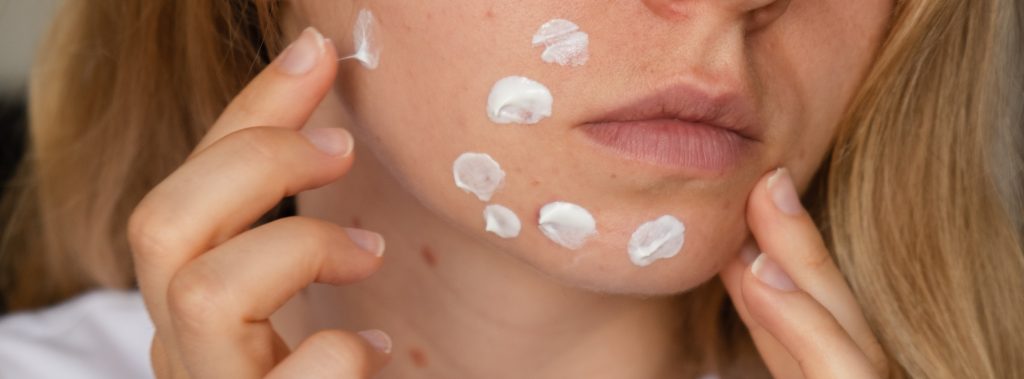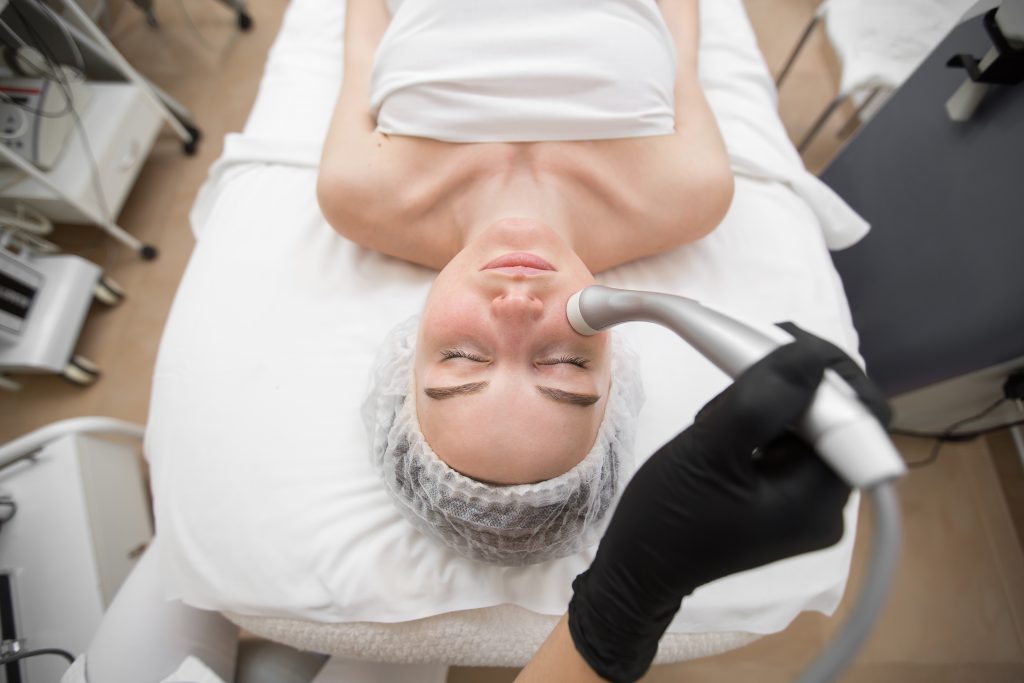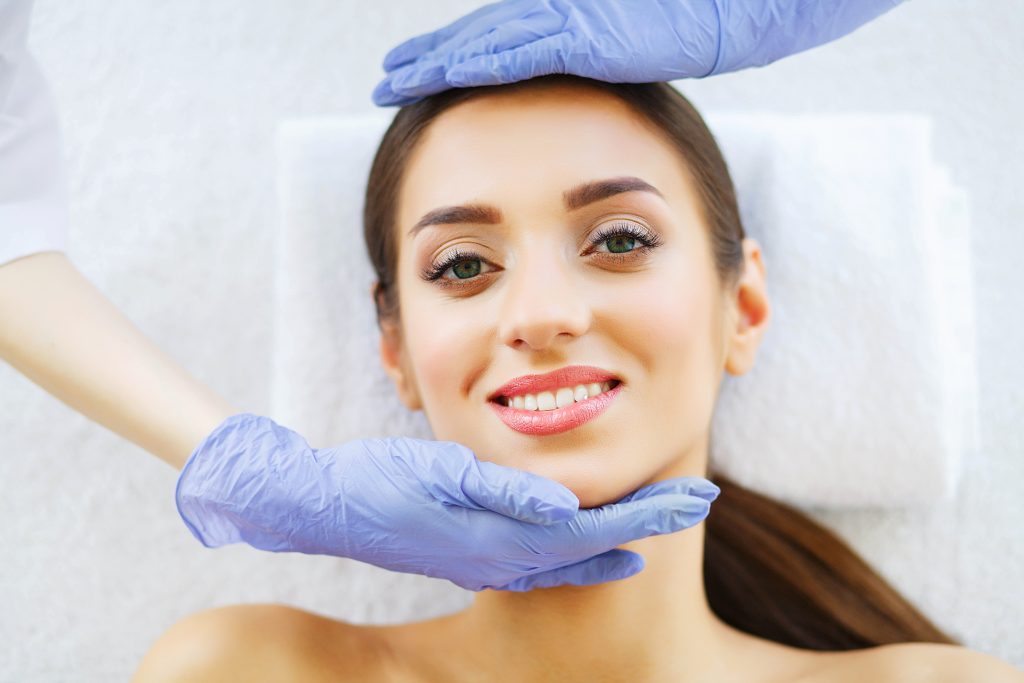Hyperpigmentation
Hyperpigmentation is a prevalent condition that causes certain areas of the skin to become darker than the rest. Excess melanin production results in the appearance of spots or patches in shades of brown, black, gray, red, or pink.

While these areas are not accompanied by pain or itching, they can cause individuals to feel self-conscious. There are various lifestyle modifications and treatments available to alleviate this condition, with sun protection and proper skincare being particularly effective.
Types of hyperpigmentation
Various forms of hyperpigmentation exist, including melasma, sunspots, and post-inflammatory hyperpigmentation.
- Melasma is thought to be triggered by hormonal shifts and can occur during pregnancy. Hyperpigmentation patches can appear on any part of the body, but are most commonly seen on the face and stomach.
- Sunspots, which are also known as liver spots or solar lentigines, are a frequent occurrence and are typically caused by prolonged sun exposure. Typically, these spots manifest as blemishes on parts of the body that have been exposed to the sun, such as the hands and face.
- Post-inflammatory hyperpigmentation occurs when the skin is injured or inflamed, often caused by conditions such as acne.

Why treat hyperpigmentation?
There are various reasons for treating hyperpigmentation, including physical, emotional, and social factors.
- Improved appearance.
- Enhanced self-esteem.
- Promotion of better skin health.
What causes hyperpigmentation?
Hyperpigmentation can be caused by various factors.
- Adrenal disorders like Addison’s disease occur when the body fails to produce an adequate amount of the hormone cortisol.
- Genetics can be observed in families that have freckles.
- Changes in hormones, such as those that occur during adolescence or while being pregnant.
- Skin damage, such as acne, cuts, or burns, is occasionally referred to as postinflammatory hyperpigmentation.
- Certain drugs, like oral contraceptives (commonly known as birth control pills) and medications that induce light sensitivity.
- Melasma.
- Insufficient intake of specific vitamins like B12 and folic acid.
- The spots that are often referred to as solar lentigines are caused by sun damage.
- Thyroid disorders.
Treatment

Below are several choices that you can go over with your dermatologist:
Retinols
Retinols work as a chemical exfoliator, promoting the shedding of skin cells and reducing the receptors responsible for pigment production. They also have the ability to brighten the skin and enhance its appearance by reducing the visibility of fine lines, wrinkles, and discoloration.
Chemical peel
Chemical peels may be effective in reducing hyperpigmentation caused by sun exposure. However, it is important to choose an experienced provider who can perform the peel properly since there is a risk of excessive inflammation that could make hyperpigmentation worse.
Prescription medications
Your dermatologist may prescribe medications depending on the reason behind your hyperpigmentation.
Laser therapies
The method of intense-pulsed light therapy is employed to treat melasma by using a wide range of light to generate heat that specifically targets and eliminates pigment. Studies indicate that this treatment can lead to short-term improvements, but it is common to experience a recurrence of symptoms within three months.
PRP
Platelet-rich plasma therapy, also known as PRP, is a popular treatment for hyperpigmentation. This therapy utilizes growth factors found in the patient’s own blood to stimulate healthy cellular activity and reduce the appearance of hyperpigmentation. The process involves removing the patient’s blood and separating the plasma, which is rich in growth factors, using a centrifuge. This growth factor-rich plasma is then injected into the problem area to treat hyperpigmentation. PRP injections can be used alone or in combination with other treatments to improve their effectiveness. The treatment is minimal in terms of discomfort and requires a short recovery period.
Aftercare

Do
- Do not expose the areas with more pigmentation to too much sunlight.
- When you are outside, it is advisable to put on a hat, sunglasses, and clothing that protects you from the sun. Additionally, try to find shady areas.
- Make sure to apply sunscreen every day with a sun protection factor (SPF) of over 45 and don’t forget to reapply it.
Don’t
- Forget your sunscreen.
- Aggressively scrub at your skin.
- Avoid using home remedies like lemon juice or abrasive scrubs as they can actually make hyperpigmentation worse.
How can I prevent hyperpigmentation?
While it may not always be possible to completely avoid hyperpigmentation, taking measures to shield your skin from the sun can be beneficial.
- Make sure to apply sunscreen daily. Opt for a sunscreen that provides protection against both UVA and UVB rays, known as “broad spectrum”, and has a Sun Protection Factor (SPF) of 30 or above.
- Avoid too much sun exposure.
- Employ physical barriers like titanium dioxide or zinc oxide.
- Wear protective clothing and hats.
Summary
Hyperpigmentation is a prevalent skin issue that can happen due to various factors. Instances of hyperpigmentation encompass age spots, melasma, and post-inflammatory hyperpigmentation.
Hyperpigmentation is usually not harmful, but individuals may opt to eliminate or diminish it. Possible approaches include staying away from the sun and utilizing methods like cosmetic procedures, creams, and natural remedies to remove it.
If an individual observes additional symptoms in addition to hyperpigmentation, it is recommended that they consult a doctor for guidance.
If someone desires to address hyperpigmentation for aesthetic purposes, consulting a dermatologist can provide guidance on the most effective treatment options.
Treatment in Türkiye:
The medical staff of surgical teams, doctors, and consultants at REHABTÜRK can provide the best treatment options and free consultations, striving to stay up-to-date on the latest medical technologies and methods.
